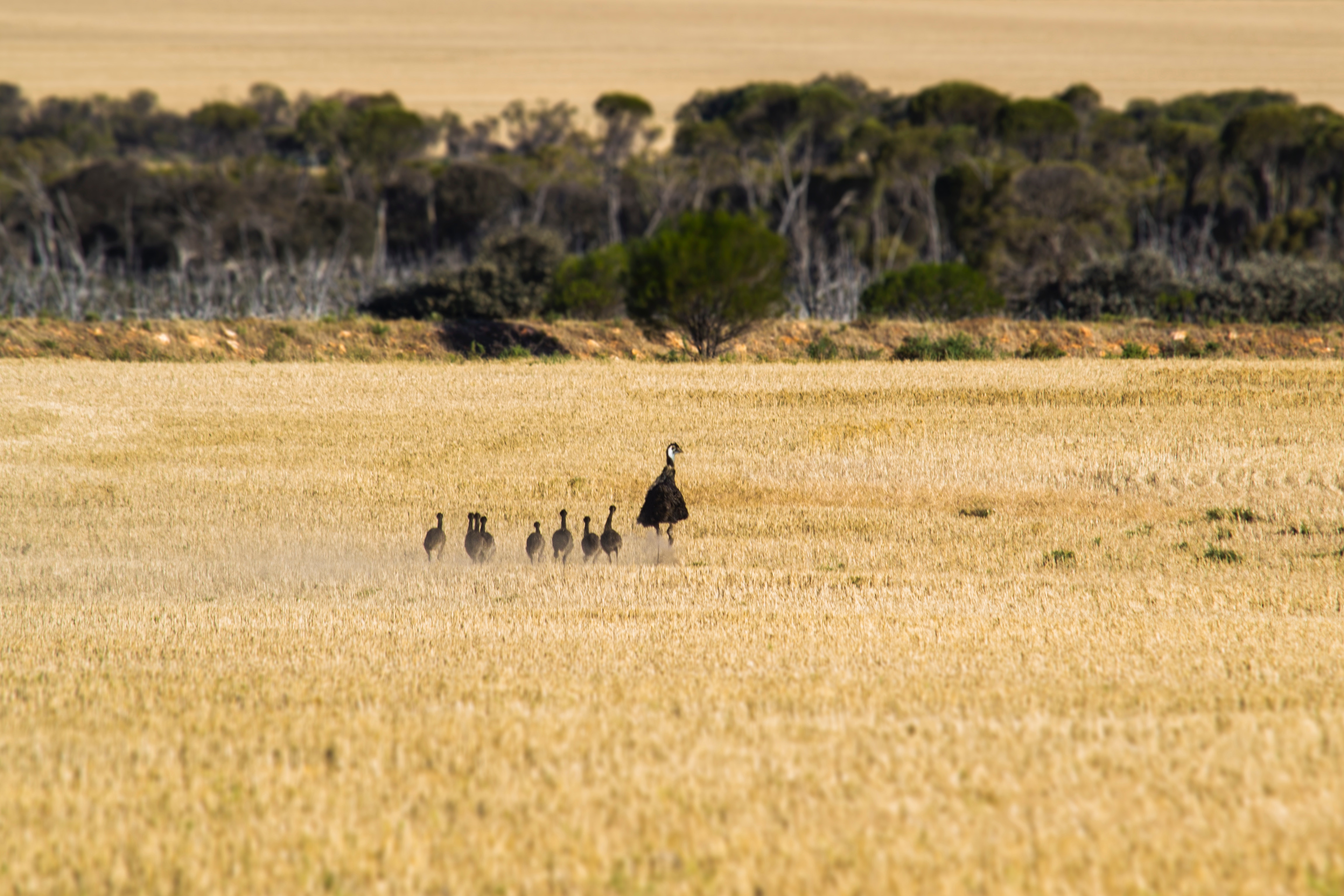The leaf litter in my yard astonished me.
After putting my bags down inside, and breathing in the familiar energy of home, I went outside to walk around the yard and say hello to all my non-human friends. As I did so, I found myself staring at the leaf litter that lined two of the garden beds, and filled the gaps between the dead and dying blades of grass.
It had been hot, like the middle of summer.
Or the first flush of autumn.
My husband said to me: ‘It’s been hot during the day but beautiful and cool at night.’
It’s that incredible time of year where it’s cool in the evenings and hot as hell during the day; as opposed to hot during the day and hot at night. The amazing time of year where the mornings smell like they’ve blown straight off the ocean.
I’d been away for over a week, and this confirmed it for me. It was autumn.
Truth be told, it had been autumn for a while. The smell of the air had changed in mid-January. The leaves shouldn’t have surprised me.
Satisfied that nothing was on the dying side of thirsty (men tend to splash water and “hope”, rather than mindfully water plants slow and low), I smiled at the idea of the seasons falling outside of humans’ need to have everything in small, little boxes. Modern-day humans, who freak out that nature doesn’t “go to plan” whine and cry, yell and stomp, and gasp and swear; they can’t cope with the flexibility of nature any more. They won’t. They refuse to.
But Australia’s seasons aren’t the same as the rest of the world.
Tim Entwistle, of the Royal Botanic Gardens in Melbourne, is the only person of note that I’ve seen discuss this. He points out that Australia isn’t Europe (surprise!) and that the idea of seasons that we brought with us from Europe doesn’t fly. He reminds us that Aboriginal nations acknowledge, on average, six seasons every year.
I think he’s conservative, however.
I think his model needs to be mapped to even larger cycles.
Here’s why.
About two years ago, my home town region had so much rain that entire farms were under water. Creeks burst, rivers ran furiously towards the sea, and lambs were being rescued by boat.
The storms they experienced in my home town came across from the west. They were furious, intense electrical storms, lasting sometimes all night.
They were the storms I remember watching as a teenager, when I’d sit in thrall on the top of the fence, watching storms come across into the town. Entire evenings where I’d match some of the more epic passages in Tchaikovsky’s Swan Lake to the storm playing out beyond the windows.
My sister said to me: ‘This is the same weather we had when we were kids. Remember those amazing storms? We haven’t had them for 20 years.’
The weather pattern was the same.
It wasn’t new. It had simply returned, on a longer cycle.
My parents recognise long patterns in weather, too. Our families – my mum’s and my dad’s – have been in Australia and working on the land for a very long time. We were pioneering farmers in the North West of Victoria, and our generational knowledge is long. We are adept at recognising weather patterns, unafraid of discussing them.
So it is that even this apparently ‘early’ autumn isn’t new to me, here; I’ve seen this pattern before, within the 20 years I’ve lived in South Australia.
To me, this is nature at her greatest. You can all argue all you like about climate change and environmental damage. You can throw all the sharp pointy knives of your language that you like about me being a fucking idiot for thinking autumn happens in early February – or even January. If you’re relatively new to Australia (like first or second generation), you might even find yourself resisting the idea with every cell in your body.
All I’d say to you is: Pay attention. To everyone else: Try to remember.
And then find satisfaction in whatever we have right now.


[ NEW ] When a season isn’t a season https://t.co/49nEsJBnEG https://t.co/FkYNgvMOFf